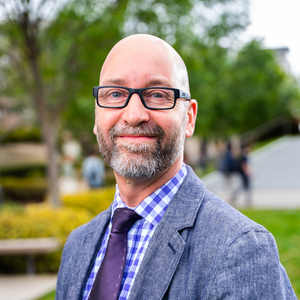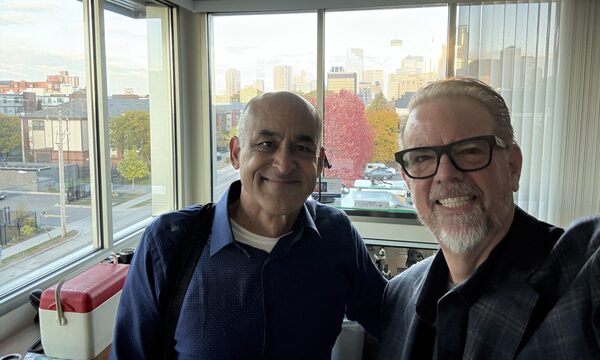Then Charlottesville, now Sutherland Springs. In contemporary America. Islamabad. Cairo. Worshippers gathered together are met with unprovoked lethal violence. And we mourn. We mourn as fellow humans, we grieve as fellow believers, we mourn as a world-wide church. We grieve as those who hope in the resurrection of the dead assured by our anointed King and Savior Jesus who will come again to establish righteousness and equity through judgment (1 Peter 5:9, 1 Thessalonians 4:13-14).
What do we do with our public spaces? Night clubs, open air concerts, courts of justice, schools, airports, and churches all bear the burden of being open and thus vulnerable to violence.
I grew up in London, undaunted yet fearful of bomb threats and explosions at the hands of the IRA. London, again, faces terror. I have walked through tight security regularly in my work as a researcher in the House of Commons. Air travel, whether domestic or international, is marked by the now standard shoe-removing, body-scanning norms of heightened security. My campus has active shooter training involving armed safety officers in collaboration with armed police. Lockdowns with alerts of armed suspects cause phones to vibrate and fear to grip our hearts.
For those who look for peace at Christ’s return, how do we marshal our public space to testify to our hope in violent times? I have heard of pastors with security details. I don’t really know what a security detail is but I’ve seen it on the TV - movies and news blend to fuel our fear. Yet we are those who fear the Lord. Paul instructs Timothy that in worship men should lift their holy hands to God in dependent prayer rather than set out swinging them to settle their grumbling disputes (1 Timothy 2:8).
How do we, in our church spaces, respond to the threat of violence? With security measures? With arming ourselves? With increased surveillance mentality? With fearful paranoia? Where does it end?
No, we respond with prayer. Tribulation affects the church in its public space. Just so we remember that ‘the end of all things is at hand; therefore be self-controlled and sober- minded for the sake of your prayers … Show hospitality to one another without grumbling’ (1 Peter 4:7,9). Our church buildings are open spaces of hospitality, offering peace to the angry and disturbed, reconciliation to the disaffected and disenfranchised, godly rebuke to the solo hero of his or her own self-pity, trials, or suffering.
The gospel we proclaim is not safe for it leaves each with a call to repentance and obedience to another Lord than the self. The work of Word and Spirit is the only security detail we need, but it is powerful unto salvation, not unto comfort. ‘And after you have suffered a little while, the God of all grace, who has called you to his eternal glory in Christ, will himself restore, confirm, strengthen, and establish you. To him be the dominion forever and ever. Amen’ (1 Peter 5:10-11).
Some of our brothers and sisters in the Church of Christ, our near neighbors are suffering traumatic loss. They do not need to hear trite comfort or platitudes. Lord, sustain them. May our confidence, as those who are called to worship the triune God publically, be also our desperate plea, ‘Come, Lord Jesus!’ (Revelation 22:20). And as we await and hasten that day, may we trust in his judgment and peace, opening our public space, our church buildings, to the vulnerability of the spiritual battle of mission, knowing that we offer our bodies as living sacrifices, that we may be poured out as drink offerings, that we can bear the shame of being a people of paradoxical peace while led in triumphal procession that would mock us, for we set our eyes on Jesus, the author and perfecter of our Faith (2 Peter 3:12, Romans 12:1, 2 Timothy 4:6, 2 Corinthians 2:14, Hebrews 12:2).
 Biola University
Biola University



.jpg)